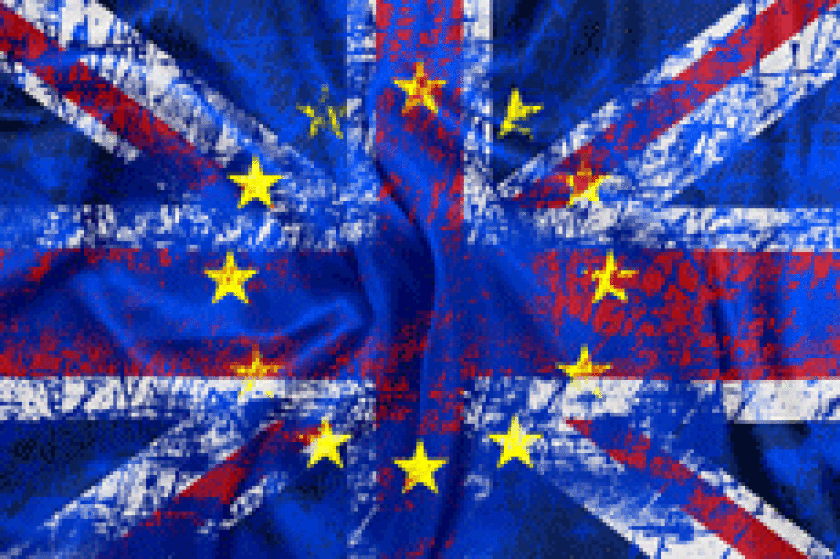Since the UK voted in late June to leave the European Union, all that has been agreed upon by the new government that was formed shortly after the referendum result is that “Brexit means Brexit” — a favourite phrase of prime minister Theresa May.
Well, “holiday” means “holiday”, but it doesn’t give much indication as to where one is going to be spending the next few weeks — nor how much it is going to cost.
There are already signs of ructions between the top members of the government. May has rejected a points-based system for immigrants from the EU, something that was promised in the run-up to the referendum by the Leave camp — several of whom are now in government.
That perhaps indicates that May is a fan of staying in the single market, membership of which, other EU countries have said, requires freedom of movement for EU citizens.
But the minister in charge of the UK’s exit from the EU, David Davis, has said it is “very improbable” that the UK will stay in the single market if it is to regain control of its borders.
Davis has also said that the border between the Republic of Ireland and Northern Ireland will remain an open one, begging the question of just how much “control” the UK will have.
One could go on. But in short, the picture of what Brexit will look like resembles an Escher print more than a simple portrait. There seems little likelihood that anything will be agreed upon any time soon — begging the question of when the UK will invoke Article 50, which begins the two year process of leaving the EU.
In other words, Brexit — and even the beginning of Brexit — looks a long way off.
Ask a silly question
A lot of this confusion is of course unavoidable, given the binary nature of the referendum question. Politicians are scrambling over each other to say that the Leave vote was one message — or several — from the UK populace, picking from a list including reduced immigration, less red tape, taking back sovereignty or just a poke in the eye for the establishment.
The truth is, nobody knows — because that was not the question that was asked.
As it stands, the UK could come out of all this with a situation largely unchanged from what it had before — a Brexit-lite, where it is an EU member in all but name.
Or, at the other end of the spectrum, it could suddenly find itself out of the single market and having to tie up trade agreements quickly with other countries — countries with a lot else on their plates and lots of leverage over the UK.
Such differences could have a strong bearing on whether the UK’s financial sector can keep flourishing, or whether banks may find themselves putting in calls to continental European estate agents.
The government used to ask clear questions in its referendums. The first ever UK-wide referendum was held in 1975, asking — unlike this year — whether the UK should remain in the common market it had joined in 1973 (the EU did not yet exist).
“A week is a long time in politics” is a phrase often attributed to Harold Wilson, UK prime minister at the time of that vote.
Well, it has been several weeks since the 2016 vote and it will be many, many more before the question asked in 1975 is answered this time around.
Until we have a clearer idea of what the UK’s plan is, every data release should be considered pre-Brexit.
Whatever that means.

